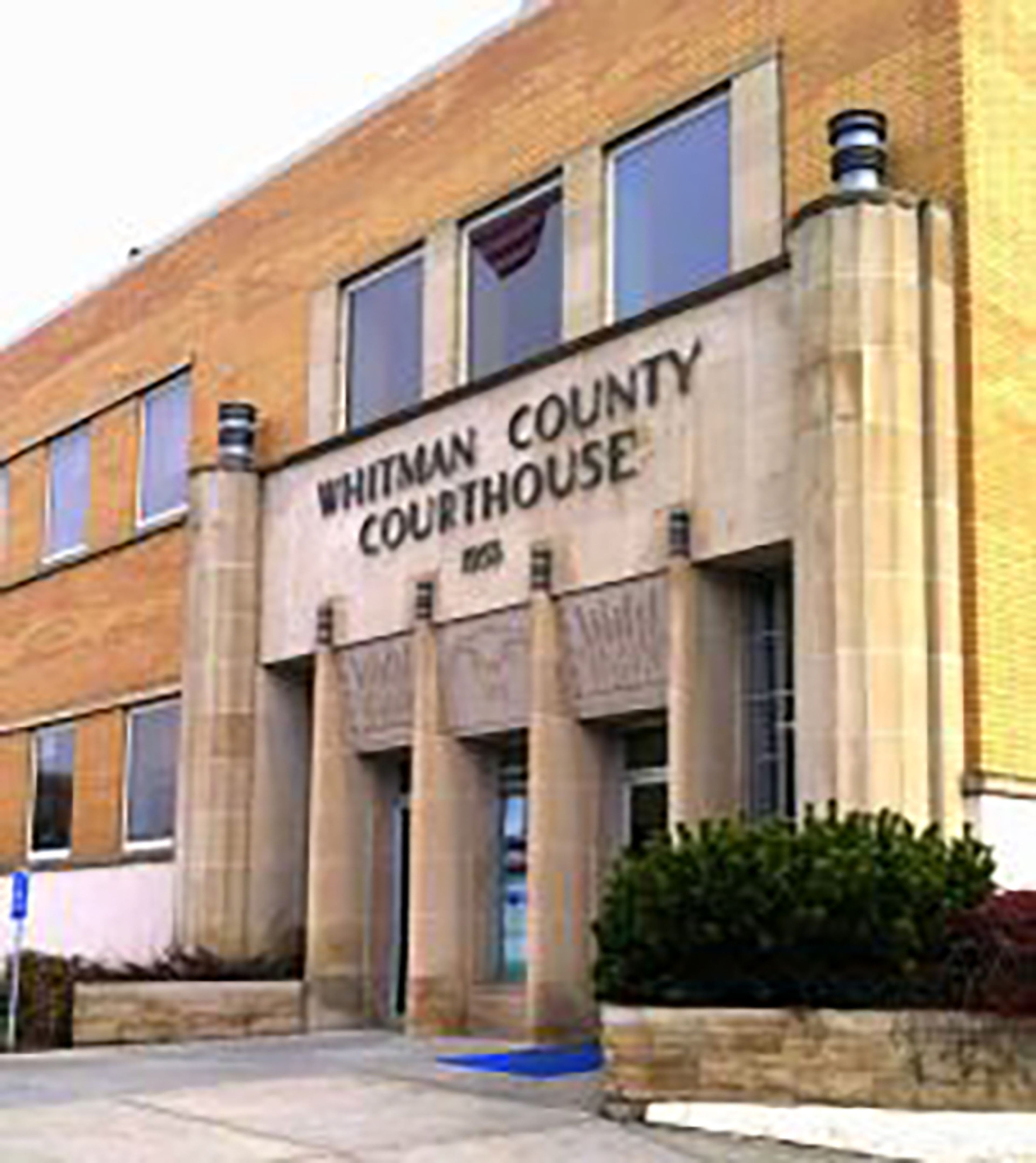My husband and I are in our late-60s, receive Medicare and have supplements. We consider ourselves to be knowledgeable consumers and try to keep up with what is going on. We have wills, powers of attorney and health-care directives.
However, we have been most concerned about what we read and hear about the potential health-insurance changes. We have tried to contact our senator and congressman for answers, but to no avail. We are most pleased with our current health insurance and treatment, especially since my husband recently suffered a stroke and received wonderful care.
What is the biggest pitfall you see in these proposals for seniors?
While we have a number of concerns, the proposals about end-of-life treatment concern us the most, yet appear to be the least talked about. At least since the passage of the Patient Self-Determination Act (PSDA) in 1990 (effective Dec. 31, 1991), cost containment at end of life has been a Medicare and governmental issue because a large part of an individual's medical costs come at the end of life. Under the PSDA, hospitals, nursing homes and other health-care providers were required to inform patients about living wills and health-care powers of attorney.
Under the proposed legislation, physicians are required to confer with patients about end-of-life issues to explain advance health-care directives (which are legal documents) and hospice care provided via Medicare. This is the first time that doctors would be directly required to consult with patients about end-of-life planning. In effect, the government intends to engage physicians to promote legal documents about end-of-life planning and, in effect, give legal advice.
The most worrisome part of all of this to us is that, as written, doctors would be paid by the government to provide Medicare patients - but not those covered by other health plans - with end-of-life consults every five years - or earlier if the patient is diagnosed with a terminal condition.
Our questions: Who will train the physicians to conduct these "end-of-life strategy sessions" with Medicare recipients? How will these sessions be handled with seniors who may be hard of hearing? Those who may have dementia or other cognitive impairment? While Medicare does not allow payment for assisted suicide or euthanasia, many questions need to be answered by our elected officials before this type of proposed legislation is passed into law.
A good article on this topic was written by Charles Lane of the Washington Post that can be viewed at the following link: www.washingtonpost.com/wp-dyn/content/article/2009/08/07/AR2009080703043.html?hpid=opinionsbox1
Warner is a lawyer with expertise in divorce and elder care and Collins is a writer and editor. They may be contacted at P.O. Box 11704, Columbia, S.C. 29211; or through their Website at http://www.lifemanagement.com/contactus/









